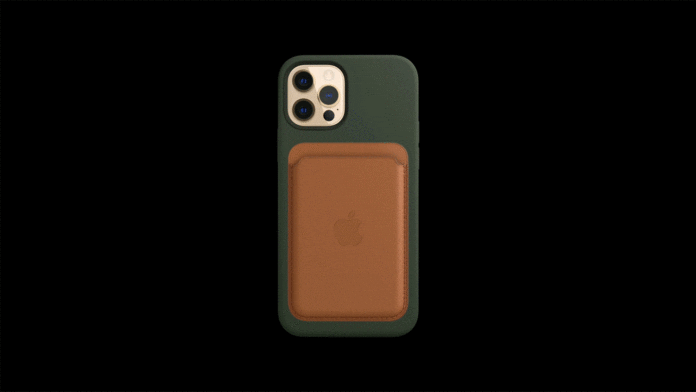Apple has just dropped in the main player for this year and boy they’ve gone to town with it. The big boys for this year — the iPhone 12 Pro and 12 Pro Max — are finally here.
Check out our coverage of iPhone 12 and iPhone 12 Mini here.
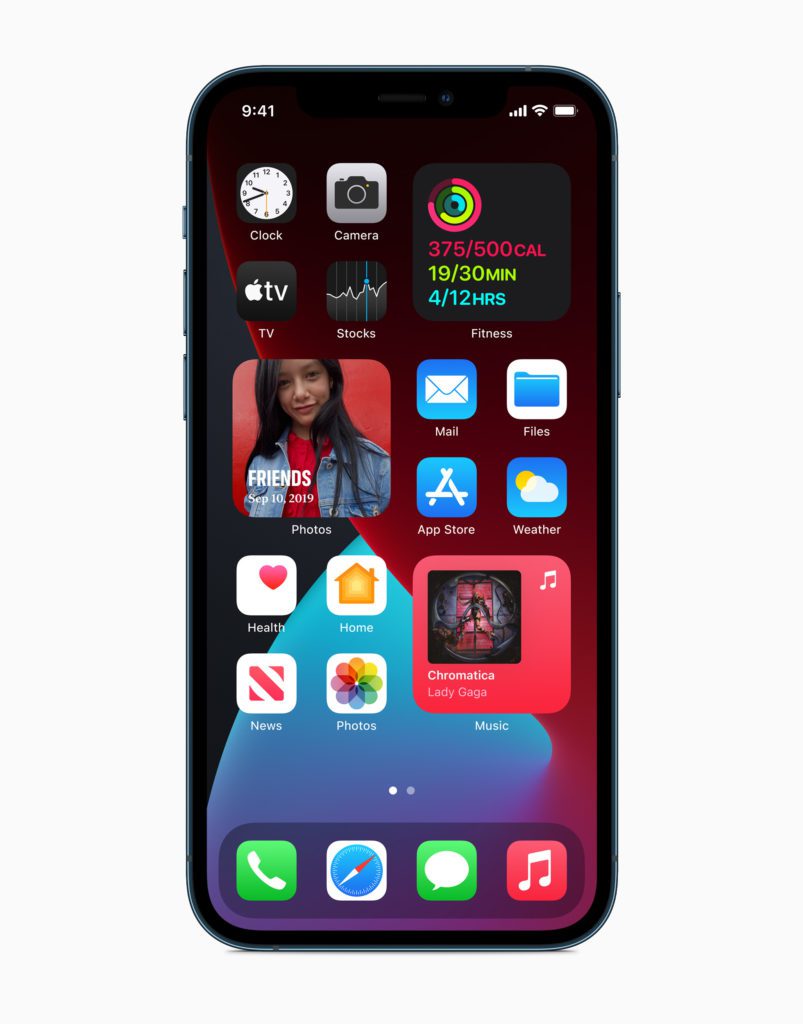
Everything you Need to Know About the New iPhone 12 Pro
- Design: What you see this time around is the reflection of the slab-sided iPad Pro and the recently launched iPad Air. The side rails are made of surgical-grade stainless steel, having polished sheen to it. It is sandwiched between the glass at the front and back, which is milled to precision. The iPhone 12 Pro and 12 Pro Max come in four shades — Pacific Blue, Gold, Silver, and Graphite. From a look at Apple’s official images, the the phones look amazing.
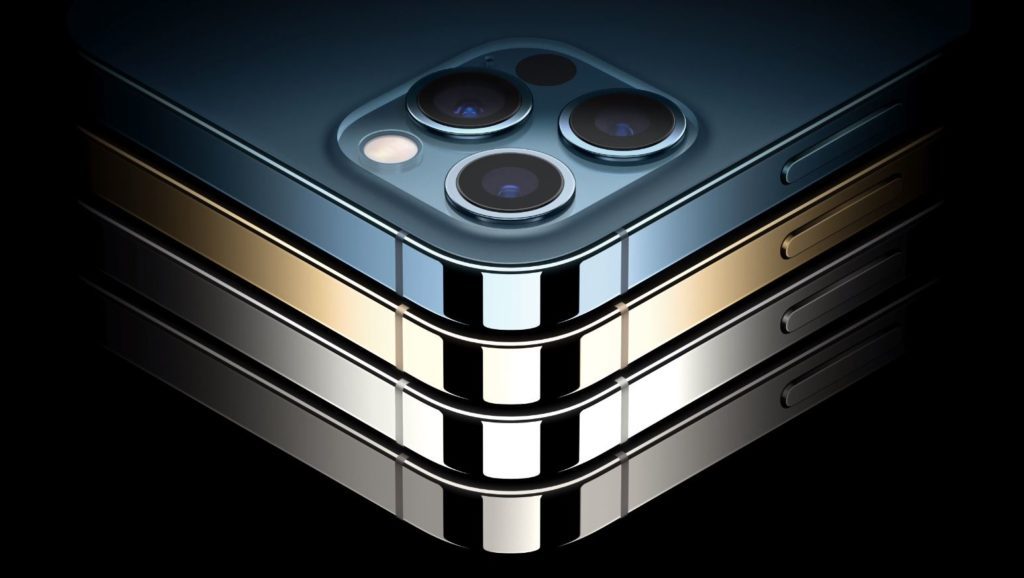
- Display: Apple claims to have reduced the thickness of the bezels, and the screen sizes have grown — the iPhone 12 Pro now sports a 6.1-inch display and the 12 Pro Max now has a 6.7-inch display. The display is a beautiful Super Retina XDR OLED panel with 458ppi. The panel glows super bright up to 1200nits of brightness. The display is covered in Apple’s latest Ceramic Shield technology. Apple claims that this new technology with nano-ceramic crystals was made using a dual ion-exchange process, making it perform four times better when subjected to drops.

- Performance: As if the A13 wasn’t fast enough, the A14 Bionic has hit the ball out of the park. A14 Bionic is manufactured using first in class 5nm process that promises to deliver up to 50% faster performance when compared to rival chipsets. The 16 core Neural Engines can run up to 80% faster and also facilitate 70% faster Machine Learning accelerators. The built-in Image Signal Processor helps facilitate Smart HDR 3 and 4K HDR Recording with Dolby Vision.
Camera: Apple has pulled all the stops this time around with its camera module this year. And there is a lot (LOT!) to talk about.
iPhone 12 Pro: The 12MP telephoto camera with OIS uses a 52mm (f/2.0) six-element optics system to deliver 4x optical zoom range. The 12MP ultra-wide lens ƒ/2.4 aperture and 120° field of view. While the main wide sensor is now a 12MP (f/1.6) with a 47% larger sensor.
iPhone 12 Pro Max: The 12MP telephoto camera with OIS now uses an improved 65mm (f/2.2) six-element optics system to deliver 5x optical zoom range. The 12MP (f/2.4) ultra-wide camera and the 12MP (f/1.6) with the larger sensor are shared with the Pro. In addition to this, the 12 Pro Max’s wide camera benefits from a Sensor-Shift technology that enhances stabilization with actual sensor movement to enhance image quality.
The new camera system is now aided by the LiDAR sensor, which we first saw in the iPad Pro. This LiDAR sensor along with AR/VR abilities also helps in producing better images using Night Mode. The LiDAR sensor also helps in auto-focus with up to six times faster focus speeds. The iPhone 12 Pro camera system also features ‘Deep Fusion’ technology that extensively processes the images you click through the amazingly powerful A14 Bionic SoC. iPhone 12 Pro also comes with AppleRAW which combines all the photo processing goodness in a RAW format for retaining high quality and detailed images for post-production tasks.
iPhones have been known to provide one of the best video shooting capabilities and have been widely used by vloggers, creators, journalists, and professionals extensively. This year Apple has taken the game ahead with the introduction of 10-bit HDR video recording. This makes the iPhone 12 Pro and Pro Max the first smartphones to record in Dolby Vision HDR. Apple makes use of the new ISP to shoot in 4K at 60fps and also allows us to edit the footage directly in the Photos app.
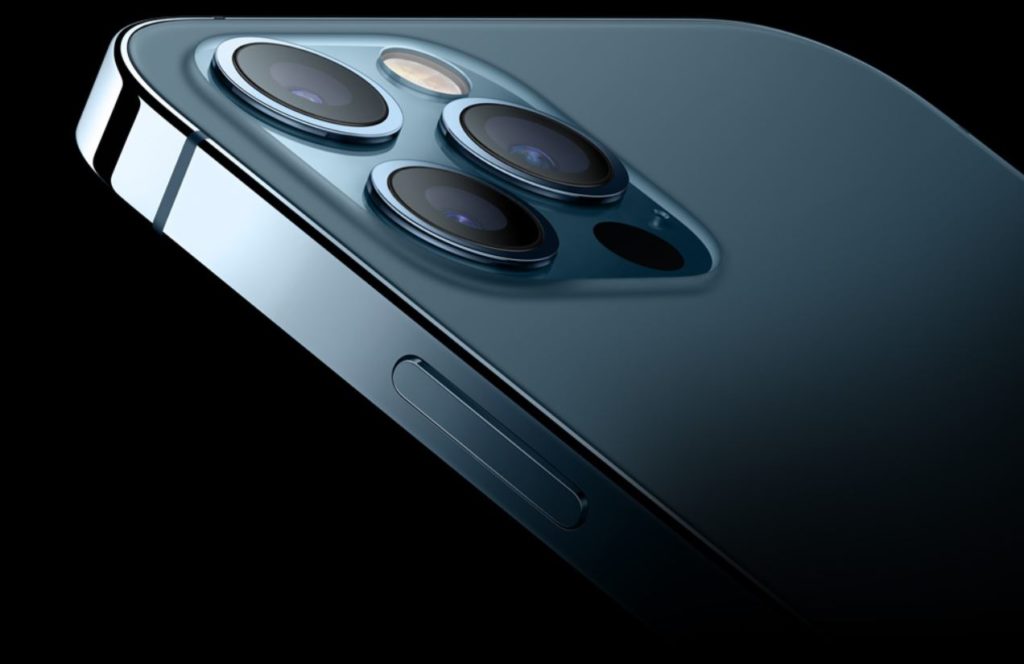
- Connectivity: For the first time ever iPhone will be able to use the 5G networks, and Tim Cook proudly claims it to be the beginning of “a new era” for the iPhone. The iPhone 12 Pro and 12 Pro Max will support both mmWave 5G as well as sub-6Ghz enhancing the iPhone’s abilities to use various 5G networks. Along with Apple’s bold claim for supporting the most number of 5G bands in any smartphone, iPhone 12 and 12 Pro will also make use of WiFi 6 and Bluetooth 5.0. iPhone 12 Pro and Pro Max will also support NFC and Express Cards with power reserve.
Other features: iPhone 12 Pro and Pro Max will come with the MagSafe for iPhone technology which will help the iPhones to use magnet-based wireless chargers for up to 15W fast wireless charging. The MagSafe feature will also be used widely across Apple and third-party accessories for the iPhone like cases, stands, chargers, and more. The iPhone 12 Pro and Pro Max will continue using the Lighting Connector for charging (unlike the Type C ports used in recent MacBooks and iPads). The iPhone 12 Pro continues to be waterproof and is now certified to IP68 water-resistant and can survive a 6-meter plunge for 30 minutes.
Living up to the speculations, the power brick and EarPods have vanished from the box and Apple claims to have done this citing environmental responsibilities (we however doubt that!). A Lightning to Type C cable is included in the box, though.
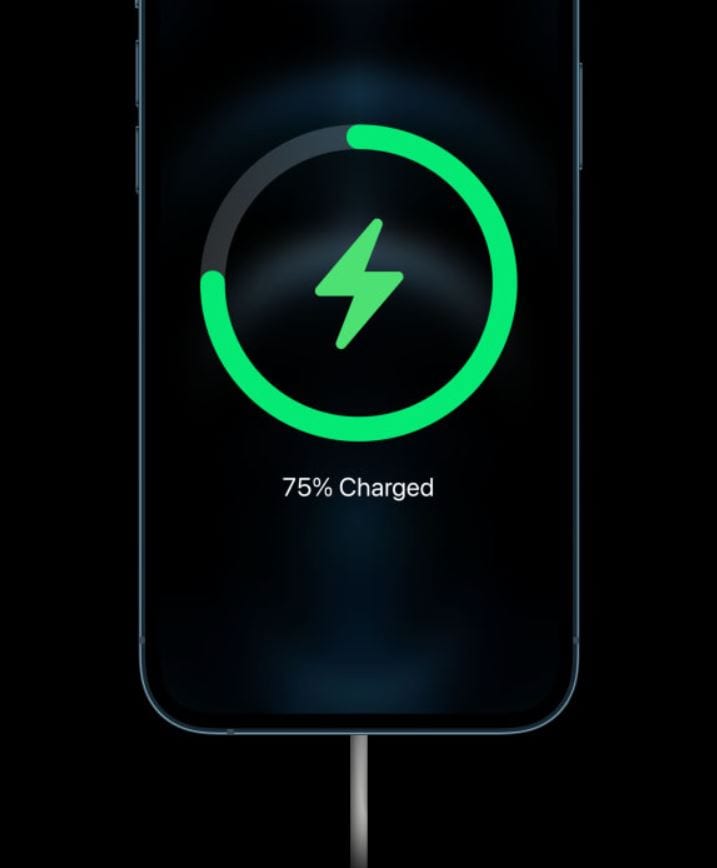
The Apple iPhone 12 Pro and 12 Pro Max will be offered in 128GB, 256GB, and 512GB storage options.
iPhone 12 Pro models with run iOS 14 out of the box.
In India, the iPhone 12 Pro will start at Rs. 1,19,900 while the iPhone 12 Pro Max will start at Rs. 1,29,900.
Pre-orders for the iPhone 12 Pro starts on 23rd October at 12am IST and will be available from 30th October.
Pre-orders for the iPhone 12 Pro Max starts on 6th November at 6:30 PM IST and will be available from 13th November.


